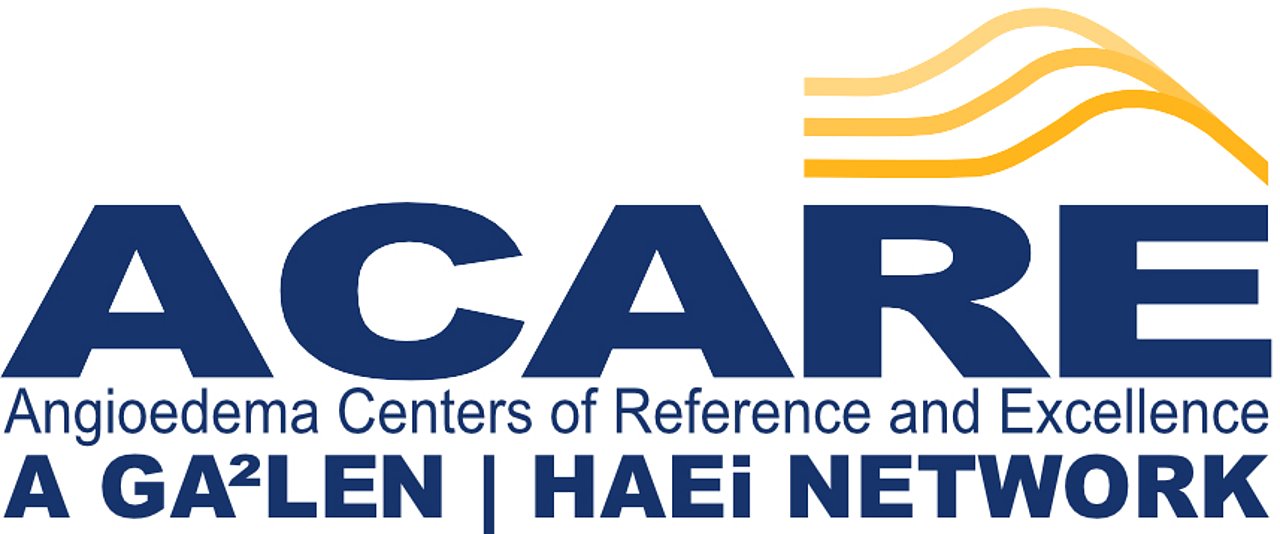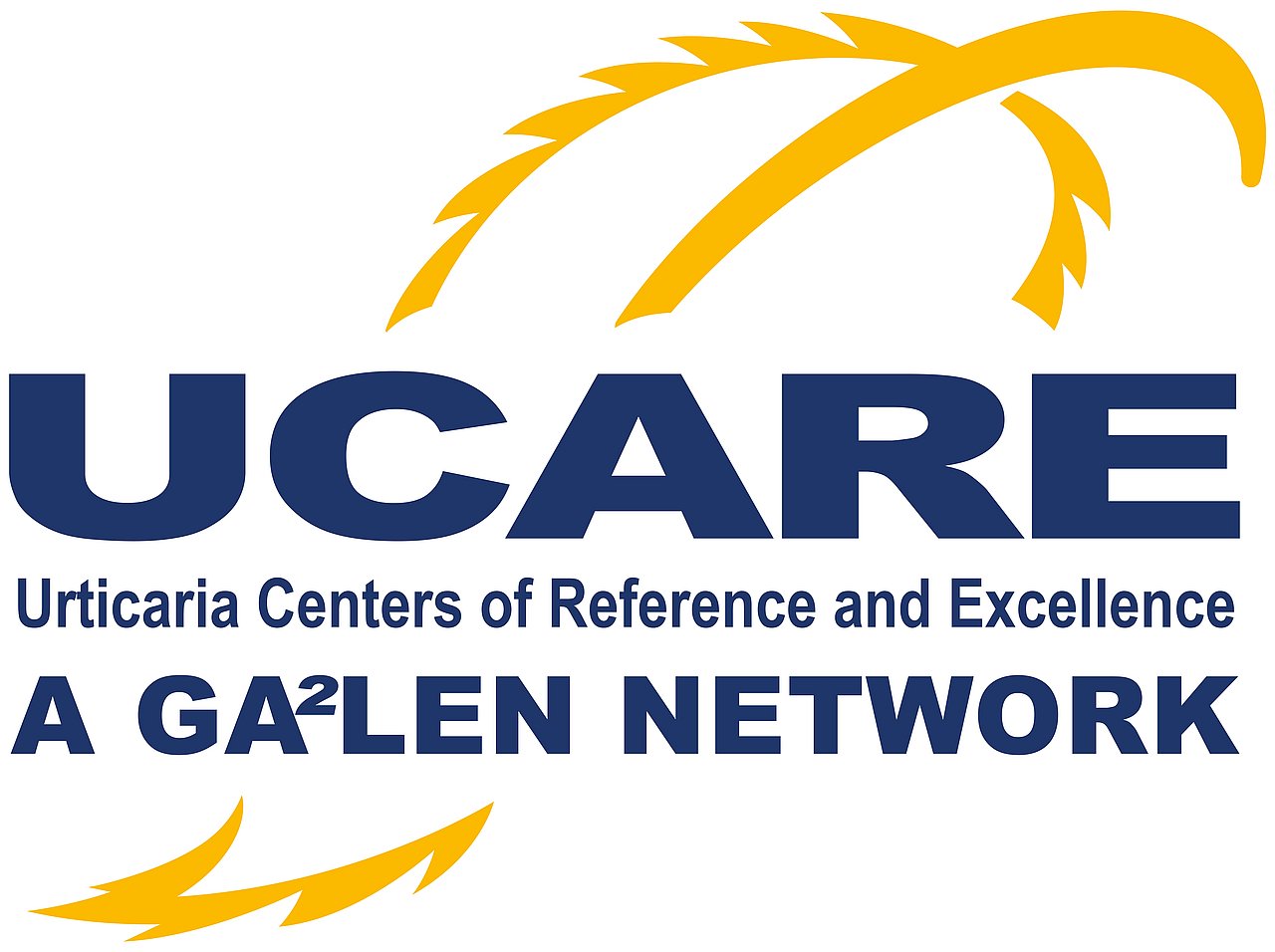Leitung
English version below
Im Labor für System-Tumorimmunologie wenden wir einen neuen Zweig der Biomedizin namens medizinische Systembiologie an, um den Klinikern des Universitätsklinikums Erlangen zu helfen. In der heutigen Zeit haben wir eine enorme Menge an klinischen und genetischen Daten über Krebs und andere Krankheiten vorrätig. Die Kliniker können diese Datenlawine jedoch nicht allein bewältigen, und die Patienten profitieren nicht wirklich von all diesem Wissen. In der medizinischen Systembiologie setzen wir Computeralgorithmen und mathematische Modelle ein, um große Mengen klinischer und biologischer Daten zu sammeln, zu verarbeiten und zu analysieren und ein tiefgreifendes (mechanistisches) Verständnis schwerer Krankheiten aufzubauen. Die auf diese Weise entwickelten Computerwerkzeuge können Ärzte dabei unterstützen, schneller eine Entscheidung über die optimale (und personalisierte) Patientenbehandlung zu treffen.
Leiter der Gruppe ist Julio Vera-González, ein Physiker aus Teneriffa, Spanien, mit einem Doktortitel in Biochemie und Molekularbiologie und Expertise in der computergestützten Modellierung von Krebs- und Entzündungskrankheiten. Im Labor verwenden wir molekulare und klinische Daten, bioinformatische Algorithmen sowie Computermodelle und Simulationen, um die Diagnostik zu verbessern und die Therapie bei Krebs, Autoimmunität und Neurodegeneration zu personalisieren. Unser Forschungsschwerpunkt sind die unterschiedlichen Typen des Melanoms.
Weitere Informationen
Webseite: www.jveralab.net
Profil des Gruppenleiters: https://www.researchgate.net/profile/Julio_Vera
Drei ausgewählte Publikationen zur System-Tumorimmunologie
Curatopes Melanoma: a database of predicted T cell epitopes from overly expressed proteins in metastatic cutaneous melanoma(2019) C Lischer, M Eberhardt, T Jaitly, C Schinzel, N Schaft, J Dörrie, G Schuler, J Vera.Cancer Res,79(20):5452-5456. https://doi.org/10.1158/0008-5472.CAN-19-0296
Systems Biology-based exploitation of cooperating miRNAs as monotherapy or adjuvant therapy in cancer(2019) X Lai, M Eberhardt, U Schmitz, J Vera. Nucleic Acids Research, 47(15):7753-7766.https://doi.org/10.1093/nar/gkz638
Unraveling a tumor type-specific regulatory core underlying E2F1-mediated epithelial-mesenchymal transition to predict receptor protein signatures (2017) FM Khan, S Marquardt, SK Gupta, S Knoll, U Schmitz, A Spitschak, D Engelmann, J Vera, O Wolkenhauer, BM Pützer. Nature Communications, 8(1):198. https://doi.org/10.1038/s41467-017-00268-2
Ausgewählte öffentlich geförderte Projekte
Systemmedizinische Untersuchung des Melanoms und der Autoimmunität im Kontext von Immuntherapien (2019-2022). Gefördert vom BMBF.
Ein Multiebenenmodell der Lungenentzündung und seine Umsetzung als Computerspiel (2019-2021).Gefördert vom Bayerischen Staatsministerium für Wirtschaft, Landesentwicklung und Energie.
Systemmedizinische Erkennung und Auswahl von universellen Antitumor-Epitopen beim metastasierten Uveamelanom (2019-2020) Gefördert von der Manfred-Roth-Stiftung.
Ein systembiologischer Ansatz zur Einschätzung des Rezidivrisikos von Melanompatienten anhand der Messung extrazellulärer Vesikel im Blut (2016-2020). Gefördert vom BMBF.
Perturbierte regulatorische Netzwerke im kutanen und Uveamelanom sowie deren Effekte in der Immuntherapie (2017-2018). Gefördert von der Staedler-Stiftung.
MikroRNAs im Schnittpunkt von Lungenentzündung, Lungenregeneration und Lungenkrebs (2012-2016). Gefördert vom BMBF.
In the laboratory of Systems Tumour Immunology we apply a new branch of biomedicine named Medical Systems Biology to help clinicians at the UK-Erlangen. Nowadays, we have accumulated an enormous amount of clinical and genetic data about cancer and other diseases. However, clinicians cannot interpret on their own this avalanche of data, and the patients are not making actual profit of all this knowledge. In Medical Systems Biology we use computer algorithms and mathematical models to collect, process and analyse large amounts of clinical and biological data and generate a profound (mechanistic) understanding of severe diseases. The computer tools developed this way can help clinicians to make quicker the decision about the optimal (and personalized) patient treatment.
The head of the group is Julio Vera-González, a physicist from Tenerife, Spain, with a PhD in Biochemistry and Molecular Biology and expertise in computational modelling in cancer and inflammatory diseases. In the laboratory, we use molecular and clinical data, bioinformatics algorithms, as well as computer models and simulations to improve diagnostics and personalize therapy in cancer, autoimmunity and neurodegeneration. Our main target is melanoma.
Further information
Laboratory webpage: www.jveralab.net
About the group leader: https://www.researchgate.net/profile/Julio_Vera
Three selected publications about cancer systems biology
Curatopes Melanoma: a database of predicted T cell epitopes from overly expressed proteins in metastatic cutaneous melanoma (2019) C Lischer, M Eberhardt, T Jaitly, C Schinzel, N Schaft, J Dörrie, G Schuler, J Vera. Cancer Reearch, canres.0296.2019. : https://doi.org/10.1158/0008-5472.CAN-19-0296
Systems Biology-based exploitation of cooperating miRNAs as monotherapy or adjuvant therapy in cancer (2019) X Lai, M Eberhardt, U Schmitz, J Vera. Nucleic Acids Research, 47(15):7753-7766. : https://doi.org/10.1093/nar/gkz638
Unraveling a tumor type-specific regulatory core underlying E2F1-mediated epithelial-mesenchymal transition to predict receptor protein signatures (2017) FM Khan, S Marquardt, SK Gupta, S Knoll, U Schmitz, A Spitschak, D Engelmann, J Vera†, O Wolkenhauer†, BM Pützer†. Nature Communications, 8(1):198. : https://doi.org/10.1038/s41467-017-00268-2
Selected funded projects
Systems medicine of melanoma and autoimmunity in the context of immunotherapy (2019-2022). Funded by the BMBF.
A multi-level model for lung inflammation and its translation into a computer game (2019-2021).Funded by the Bavarian Government.
Systemmedizinische Erkennung und Auswahl von universellen Antitumor-Epitopen beim metastasierten Uveamelanom (2019-2020) Funded by the Manfred-Roth Stiftung.
A systems methodology to assess the risk of tumor relapse in melanoma by the profiling of plasma extracellular vesicles (2016-2020). Funded by the BMBF.
Perturbierte regulatorische Netzwerke im kutanen und Uveamelanom sowie deren Effekte in der Immuntherapie (2017-2018). Funded by Staedler Stiftung.
MicroRNAs at the crossroad of lung inflammation, regeneration and cancer (2012-2016). Funded by the BMBF.









